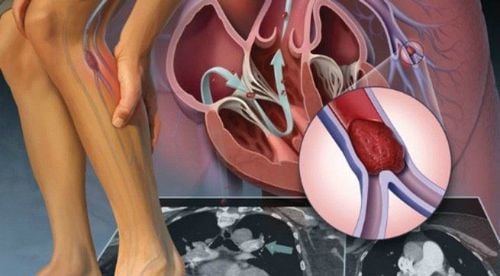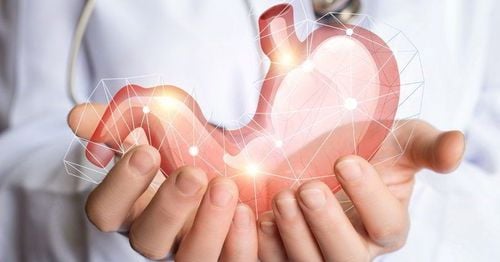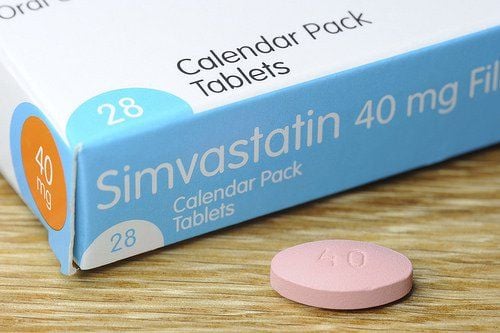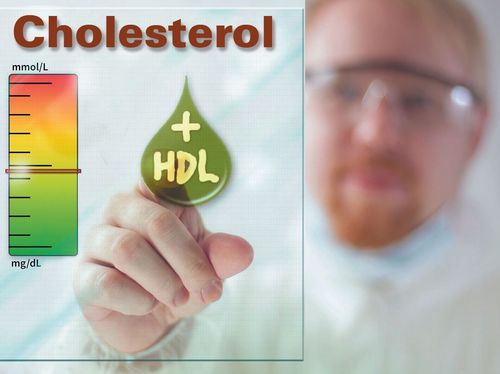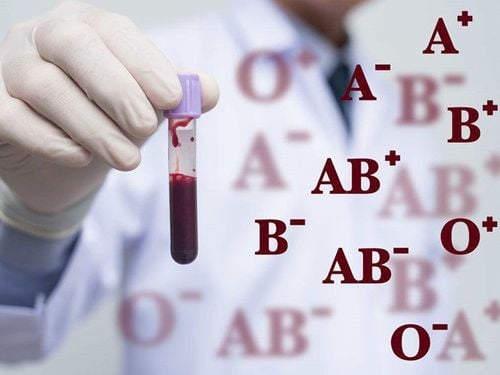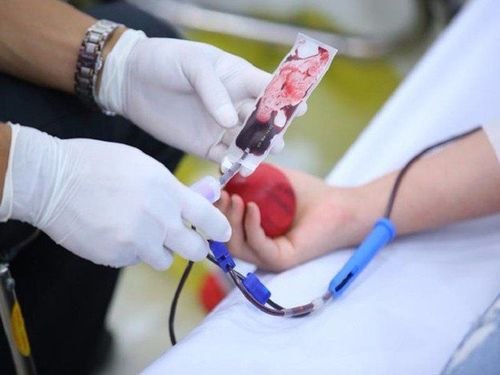This is an automatically translated article.
While most human blood is made up of the same basic parts, however, scientists have discovered that human blood contains many different types of blood. There are eight different blood types, and these are determined by the genes you inherit from your parents.1. Basic components of blood
Most people have about 4-6 liters of blood in their body. Your blood is made up of different types of cells floating in a fluid called plasma, these cells include:Red blood cells (Red blood cells) provide oxygen to the blood vessels. tissues in the body and remove carbon dioxide from the body. White blood cells (English name is white blood cell) destroy invaders and fight infection. Platelets (English name is platelet) help the blood clotting process to take place. Plasma (English name is Plasma) is a liquid made up of proteins and salts. What makes your blood different from other people's blood is the unique combination of protein molecules, called antigens and antibodies. Antigens are on the surface of your red blood cells and antibodies are in your plasma. The combination of antigens and antibodies in the blood is the basis of determining an individual's blood type.
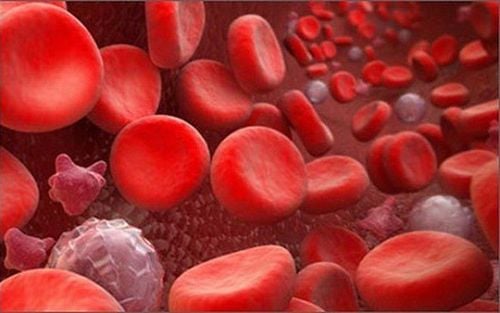
Cấu tạo máu bao gồm hồng cầu, bạch cầu, tiểu cầu và huyết tương
2. Blood group systems
There are four main blood types and eight different blood types. Doctors call this the ABO Blood Group System.The ABO blood group system is used to determine different types of antigens on the surface of red blood cells and antibodies in the plasma. The application of this system is to determine the type of blood, from which patients who need a blood transfusion will receive the appropriate and safe blood type.
There are four ABO blood groups:
Group A : The surface of red blood cells contains A antigens and the plasma has anti-B antibodies that will attack any blood group with B antigens. Group B: Surface of red blood cells containing B antigens and plasma with anti-A antibodies will attack any blood group with A antigens. Group AB : Red blood cells of this blood group have both A and B antigens, but plasma does not contain anti-A/anti-B antibodies. Individuals with blood type AB can receive any blood type. Group O: The plasma of this blood group contains both anti-A/anti-B antibodies, but the surface of red blood cells does not contain any A/B antigens. The absence of A/B antigens means that blood type can be transfused to someone with any blood type. Some red blood cells have the Rh factor, also known as the RhD antigen.
If the red blood cells contain the RhD antigen, they are RhD positive, otherwise RhD negative. This results in eight major blood groups in the ABO/RhD blood group system.
The four main blood types are A, B, O or AB and each can be positive or negative. In the United States, the ratio of blood types is as follows:
30% blood group A + 6% blood group A- 9% blood type B + 2% blood type B- 4% blood group AB + 1% blood group AB- 39% blood type O + 9% blood type O- About 82% of the population in the United States has RhD-positive blood. The rarest blood group is AB negative.
In Vietnam, this ratio is: group O about 42.1%, group B about 30.1%, group A about 21.2% and group AB about 6.6%. Up to 99.96% of people are Rh+ (or O+ or B+ or A+ or AB+, in descending order) but only 0.04%-0.07% of people are Rh- (or O- or B- or A- or AB-).
3. Principles of blood transfusion
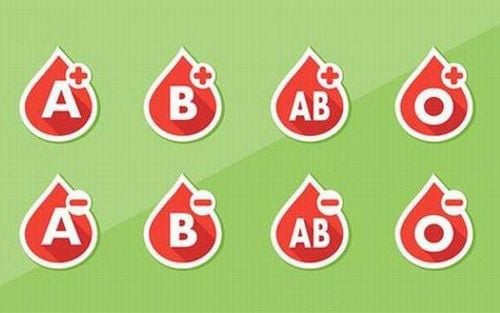
Để việc truyền máu được an toàn và hiệu quả, phương án tốt ấn là người hiến và người nhận phải có cùng nhóm máu
For blood transfusion to be safe and effective, the best option is that the donor and recipient must have the same blood type. People with type A blood can safely have group A blood drawn, and people with type B blood can receive type B blood. It's best when the donor and recipient have the same blood type and their blood has already been donated. checked through cross-testing and blood grouping. But in reality, blood donors may not always be in the same group as the recipient, so it is possible to transfer compatible blood types between the recipient and the donor. Blood group O is called the "universal donor" blood group, which means that all groups can donate but only receive blood from the same group O. Blood group AB is the "universal recipient" blood group, ie receive all blood types. group but can only give people with the same blood group AB. People with blood type A can receive blood group O or A, people with type B can receive blood group O or B.
4. Why do you need to know your blood type?
Knowing your blood type is very important because when you are in danger, doctors must know what blood type you are (which at that time is very urgent, especially when having an accident or being injured on the battlefield) to be able to give you blood. Therefore, you must know for sure which blood type you belong to in advance.Besides, in the past, in criminal investigation, people also analyzed blood stains on the scene with the blood of the suspect to compare and see if the suspect could be a criminal. But that method proved to be unreliable, only preliminary to rule out suspects. Currently, the method of analyzing DNA is much more accurate because if the same blood group can have many people.
Besides, many studies have shown that there is a close relationship between blood type and health-related diseases.
5. Which blood type is the safest?
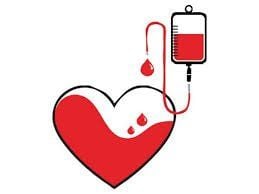
Các tế bào hồng cầu loại O âm tính được xem là an toàn nhất để truyền máu
People with blood O negative were once called universal donors, as it was found that they could donate blood to anyone who had anyone. But now experts warn there may be risks with this blood type transfusion.
Please dial HOTLINE for more information or register for an appointment HERE. Download MyVinmec app to make appointments faster and to manage your bookings easily.
Reference source: Webmd.com



